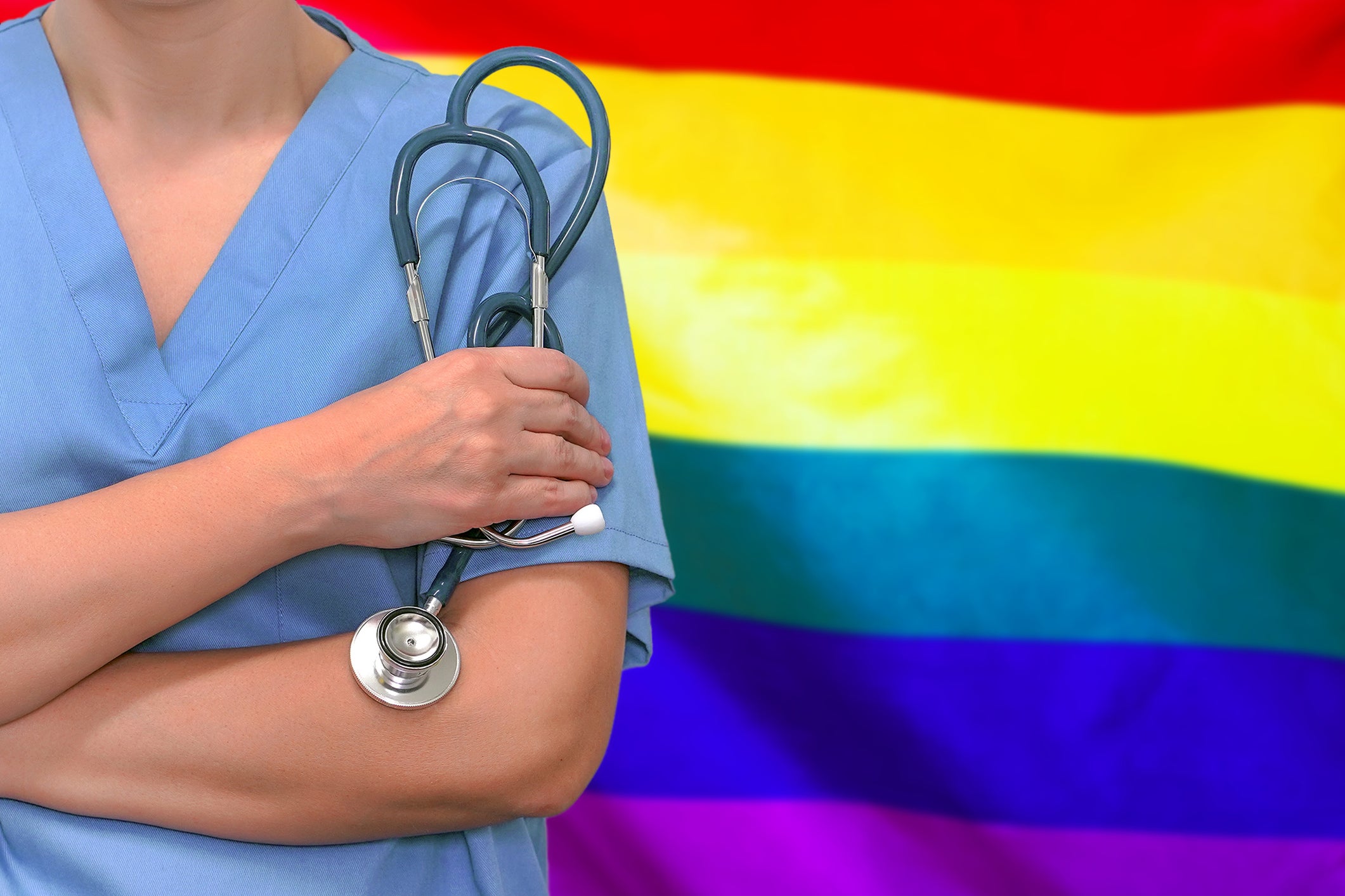Examining Parkinson’s Disease and how it intersects with the LGBTQ+ Communities will be the focus of a virtual event on Saturday, May 21. It will be at the Kroc Center at 1833 Broad Street from 10 a.m. to 1 p.m.
Augusta University Health and the Medical College of Georgia are recognized as a Parkinson’s Foundation Center of Excellence, one of just 33 such centers in the United States.
The designation is granted to medical centers with a specialized team of professionals, including neurologists and movement disorder specialists, who know the most current research, therapies and medications for PD patients.
MORE: To Your Health: Garlic: an all-purpose health food
Dr. Matthew Kridel, MCG psychologist and member of the Parkinson’s Center team, said former team member Martha Anne Tudor suggested bringing the two groups together.
“I think a lot of it comes out of the fact that LGBTQ+ individuals experience unique health disparities. LGBTQ+ individuals are more at risk for lots and lots of different diseases from mental health disorders to substance abuse to different diseases like HIV,” said Kridel, adding, “But also at increased risk for things like heart disease, neurological diseases, and all of that has to do with the unique stress that LGBTQ+ people experience. It’s not because something is inherently wrong with LGBTQ+ people. Life is more difficult in a lot of ways, because people don’t accept LGBTQ people and treat them more poorly.”
Hosted by Augusta University Health and the Parkinson’s Foundation, the event will look for ways to improve PD care for LGBTQ+ people.
Kridel said that community can often find it difficult to access adequate health care.
“LGBTQ+ people are less likely to have good insurance, less likely to get proper health care from providers. And people with Parkinson’s have unique health needs as well,” he said.
He said multiple avenues exist for LGBTQ+ individuals to access health care. Among them is the Richmond County Health Department. The other is the Equality Clinic at AU.
“It’s student run, but physicians and other experts, psychologists, dentists, supervised clinic, and it’s meant for people who maybe cannot otherwise afford health insurance,” he said. “You may not find a neurologist just on call all the time, but it’s a way to talk to a physician to get your symptoms tracked and to ultimately help to start make that connection.”
The Saturday event will also include learning, including understanding the health and social needs of the LGBTQ+ community living with Parkinson’s disease. Identifying barriers to PD care for the LBGTQ+ community and how to overcome them along with the latest research, treatment and care for the community.
MORE: Age, Alzheimer’s related brain decline linked to little-studied enzyme
There will also be a separate segment targeting healthcare professionals and social service providers to help them improve Parkinson’s healthcare for LGBTQ+ individuals.
Kridel said early diagnosis is critical for improving a patient’s outcome, whether it be Parkinson’s disease or any health issue.
“It gives more chances for education, and it gives more chances for intervention. There’s a lot of stuff we can do to help treat Parkinson’s disease, from medications to mental health treatment to help you manage these feelings of depression that may come up or just to help you and your loved ones know what to expect and help to plan for hopefully, many long years. To know, okay, I can plan around these symptoms and still live a very full life, said Kridel.
More information is available at: https://www.parkinson.org/events/2022/LGBTQPD This website also includes links to register to attend virtually.
To learn more about the Equality Clinic, go to: https://www.equalityclinicaugusta.com/
Dana Lynn McIntyre is a general assignment reporter for The Augusta Press. Reach her at dana@theaugustapress.com











